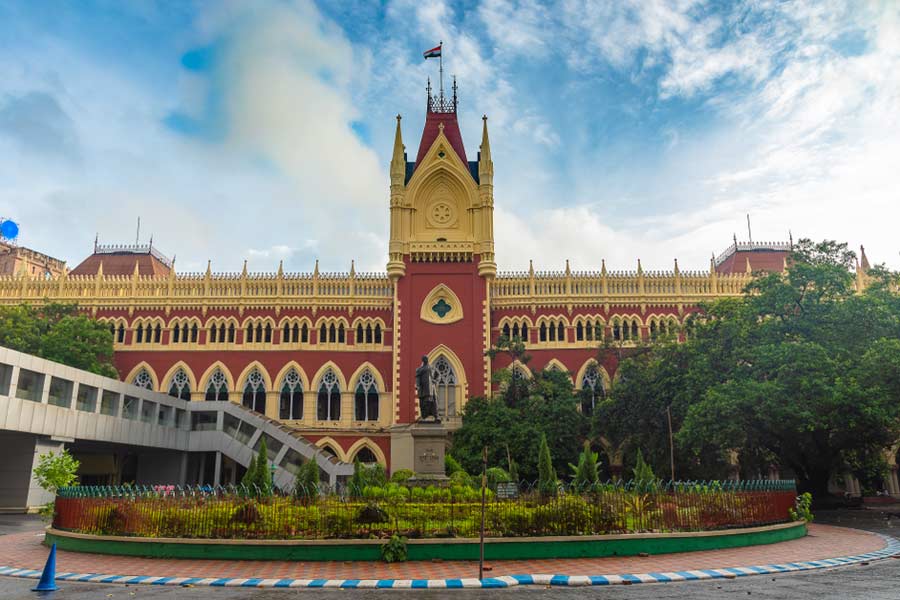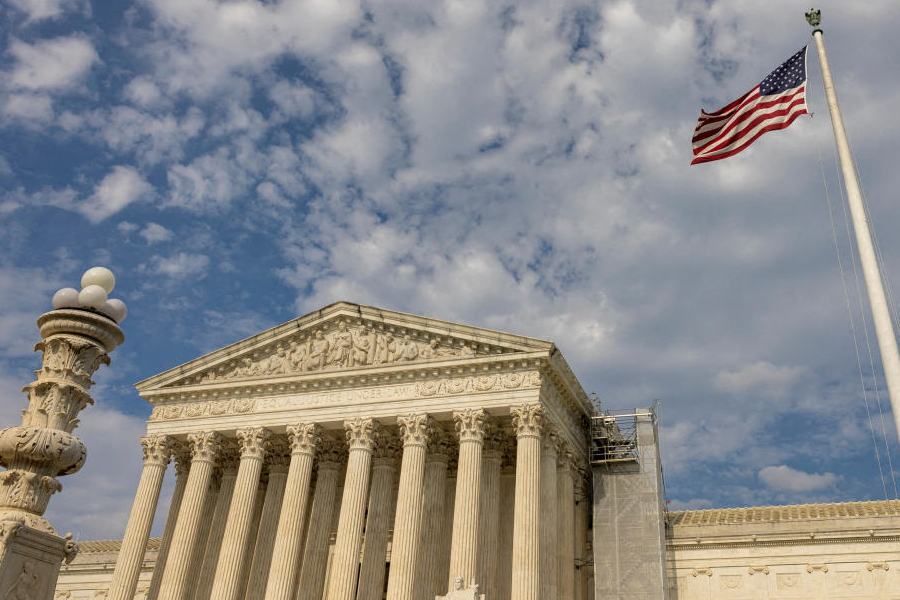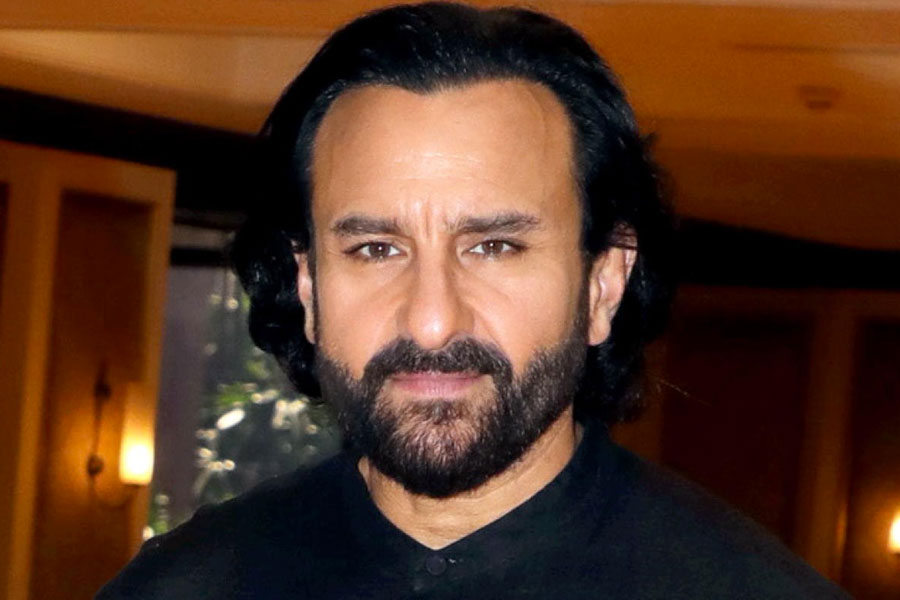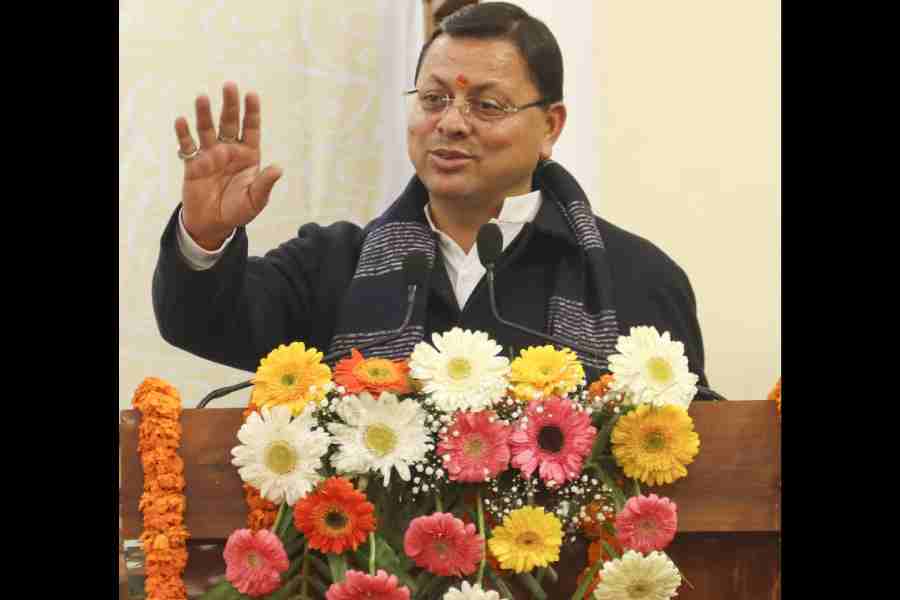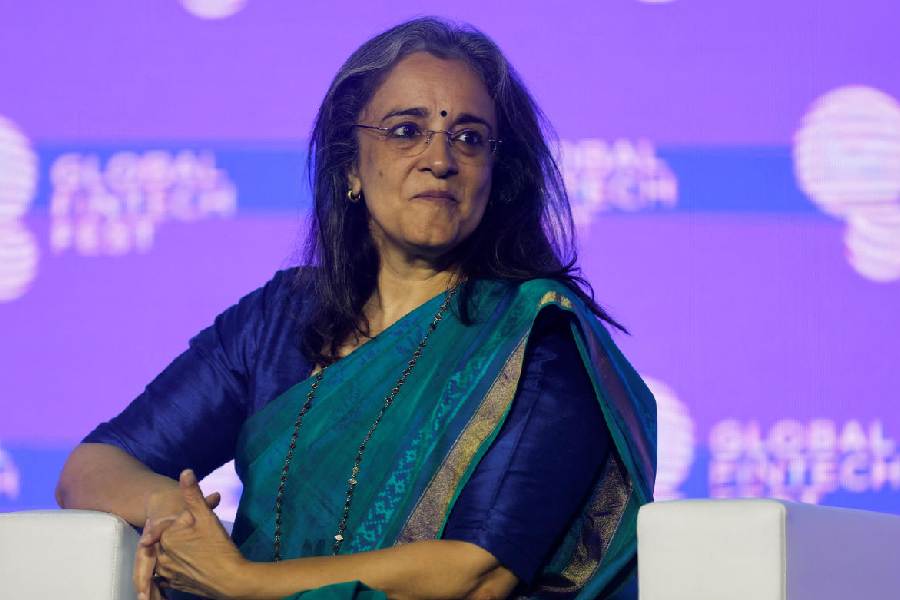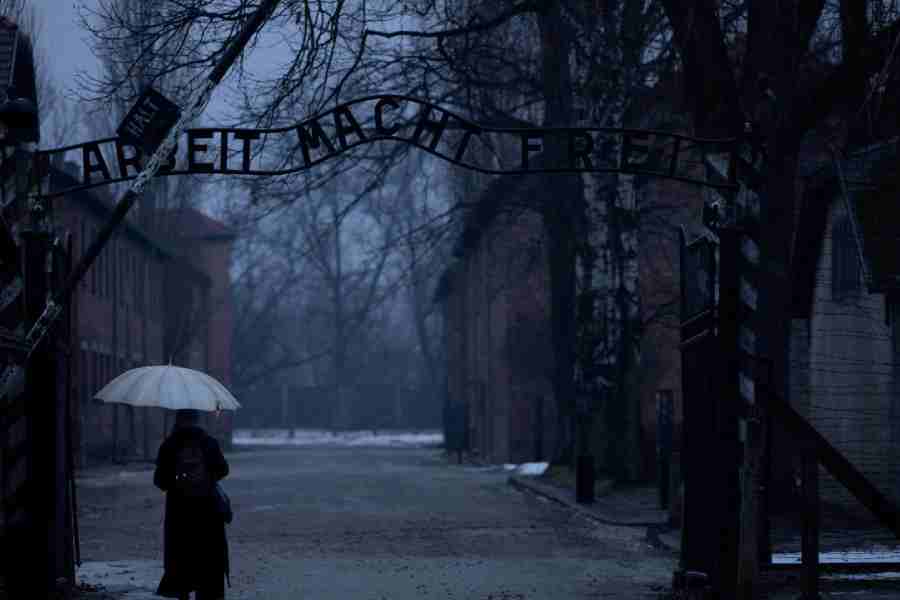A Calcutta high court division bench of Justice Debangshu Basak and Justice M.M. Shabbar Rashidi on Monday reserved judgment in the appeals filed by the Bengal government and the Central Bureau of Investigation (CBI) challenging the trial court verdict in the rape and murder at the RG Kar Medical College and Hospital and seeking the death penalty for the convict, Sanjay Roy.
The CBI had also challenged the state’s right to appeal in the case.
After hearing state advocate general Kishore Dutta and additional solicitor general of India (ASG) S.V. Raju who was appearing on behalf of the CBI, Justice Basak said: “We don’t want to advise anybody.”
On January 18, a trial court in Kolkata’s Sealdah had found Roy, a former Kolkata Police civic volunteer, guilty of the rape and murder and last Monday sentenced him to life imprisonment till death.
Challenging the trial court verdict, the state government had filed an appeal; the CBI had filed another appeal.
On Monday, ASG Raju said the state would be of no assistance in the prosecution.
“Suddenly they are showing interest at this stage. Even if they are allowed to admit the appeal, they will have no documentation to produce. They will not be in any position to assist the court,” Raju told the bench.
The ASG said since the case was transferred to the CBI on August 13, 2024 the state had no role to play.
“They had no role, only CBI prosecutor did. The entire record including case diary is with the CBI. State doesn’t have any record,” he said.
State advocate general Dutta informed the bench that the prosecution is in the name of the state. “It is not a bystander,” he said.
He informed the bench that it was the responsibility of the state to execute the sentence, grant parole and other factors in the entire criminal jurisprudence.
The division bench said the state could not be denied the right to appeal.
“The question is whether the Centre can appoint a PP [public prosecutor] or APP [assistant public prosecutor] to pursue its appeal before the HC. In this case the court transferred the probe to the CBI, so what happens to the state?” Dutta asked.
He said even after the case was transferred to the CBI, the state did not lose the authority to investigate.
Dutta argued: “Even a non-prosecutor has a right to appeal. The prosecution that has happened has happened in the name of the state. It was only taken up by the CBI… Even their probe was in the name of the state. Unless it is held that the state seized to be a prosecutor.”
The court pointed out prior to 1955 the central agencies did not have the right to appeal after which the Delhi Police Establishment Act was amended.
The AG said the Supreme Court had said while sections 377 and 378 of the Criminal Court of Procedure (CrPC) authorised the central government to appeal without impacting the state’s power to appeal.
“SC has held that in 377, only central govt could appeal. When 377 was amended, the word “also” was added. Now let’s see why it was amended: the amendment act says it was amended to authorise the state government as well as the central government to appeal against such cases,” Dutta argued.
He said the CBI would have to file the appeal through a prosecutor and the only prosecutor in the high court is with the state.
“The question is whether the centre can appoint a PP or APP to pursue its appeal before the HC,” Dutta said.
During his submission, ASG Raju said that in the Bharatiya Nagarik Suraksha Sanhita (BNSS) which replaced the earlier CrPC, there is no effect given to the amendment (made in the CrPC).
Justice Basak’ asked what happens if the Centre doesn’t want to appeal: “Then the state is helpless.”
The ASG reminded the court that the state could submit a revision. The bench observed that it was not the same as appeal, and refused to advise either of the parties before reserving its judgment.

